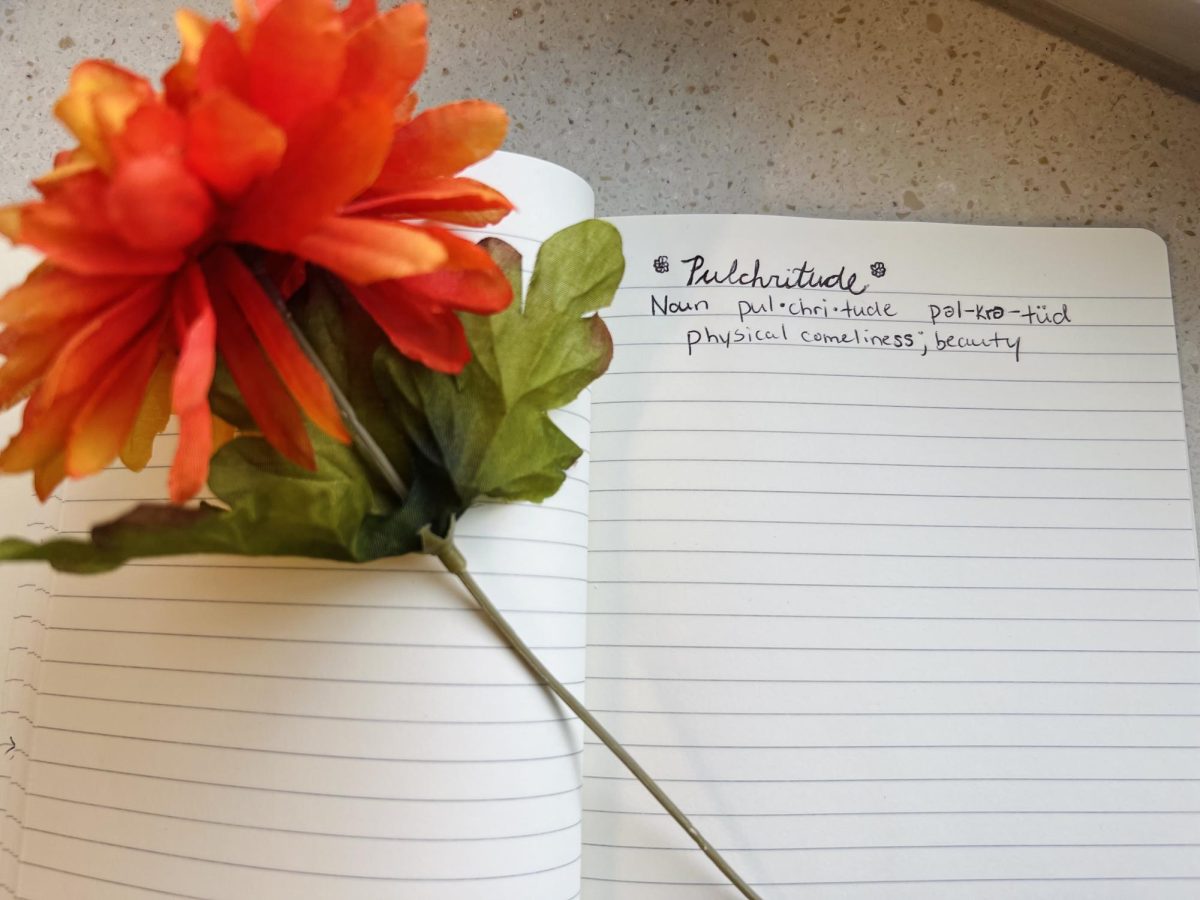The halcyon days of elementary and middle school were disrupted by numerous things, one of them being spelling bees. While I have not had the chance to participate in a spelling bee competition, I remember hearing the horror of spelling in front of a crowd. I secretly longed to give these contests a try since my glee was surreptitious when it was time to open the vocabulary book in elementary school. It would be fictitious for me to pretend that I don’t love learning new words and applying them in my writing.
While some people cringe when cracking open a thesaurus, I feel I can’t collect enough words, whether obsolete or modern. To me, words are special not only because of their ubiquity but also because of their exactness. Words are the best storytellers; actions are the best performers.
One of the best feelings for a writer is choosing the perfect word that compliments the sentence and encapsulates the message. To weave words like fabric is satisfying and it’s incredible that out of multitudes of definitions and spellings in the English dictionary, one word manages to fit a sentence like a puzzle piece.
Even though I have a preference for words as opposed to numbers, I like to use an analogy to algebra when describing language: words can produce a feeling of wholeness similar to that of a mathematical solution. There is something so exact about choosing that right word that mimics the end result of an algebraic expression.
What’s also riveting about words is that they come in all lengths and have lineage, known as etymology. For instance, one of my favorite words is pulchritude. Yes, it’s a long noun that hardly anyone would care to read or know about, but it translates to a familiar sentiment—beauty. It originates from the Latin word “pulchritudo,” with its root “pulcher” or “pulchr” meaning beautiful. In Late Middle English, its spelling was modified to what it is now.
Pulchritude is just another way to say beauty. Granted, it’s cumbersome, but for some reason it reminds me of the words peach and pucker, two words associated with romance and sensuality. Thus, it evokes both an elegant and erotic beauty. It speaks much more than to beauty and it’s astounding how that one word can perspire so much, which is why I like the word not only for its layered meaning, but for its rich history.
Leave it to me to include outdated words; all carry a story just like us. And, while my perception of pulchritude changed as I was trying to find the words to describe its connotation, I still appreciate the word but may favor other definitions better now. After discovering this, my belief in wordsmithing is firm: wordsmiths are needed to preserve and engineer language so readers can enjoy, learn and grow.



